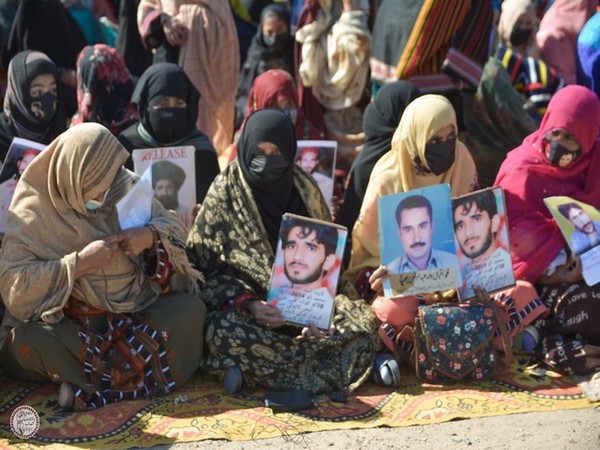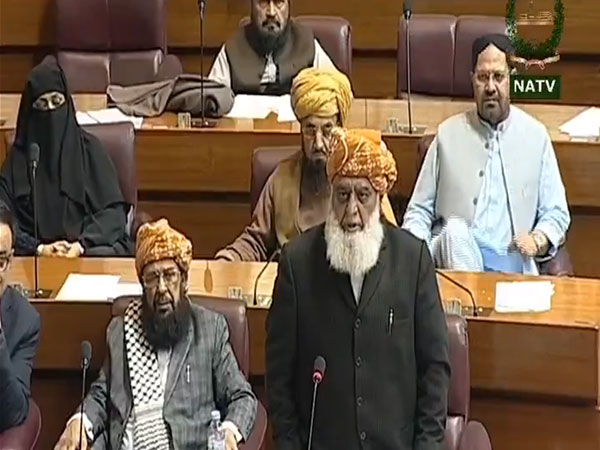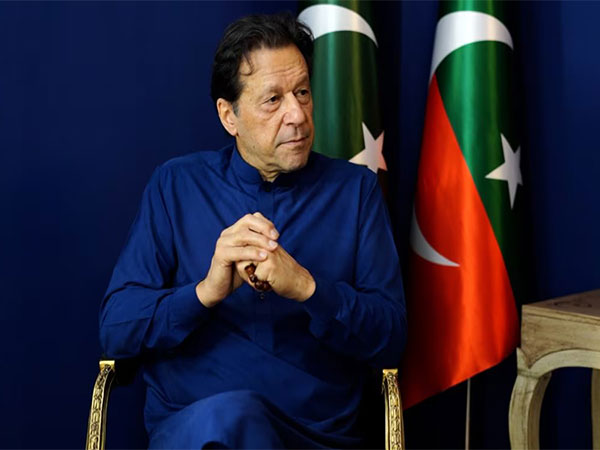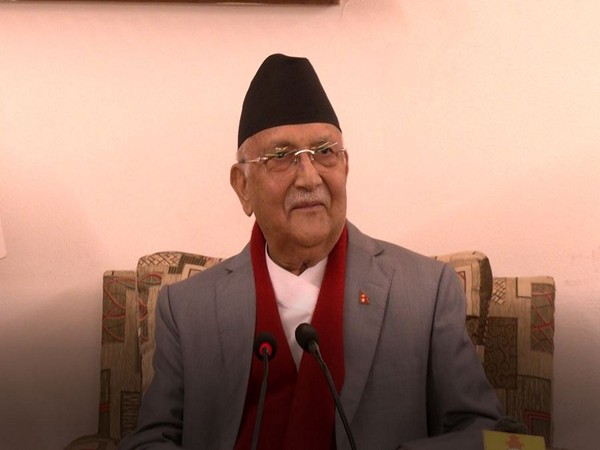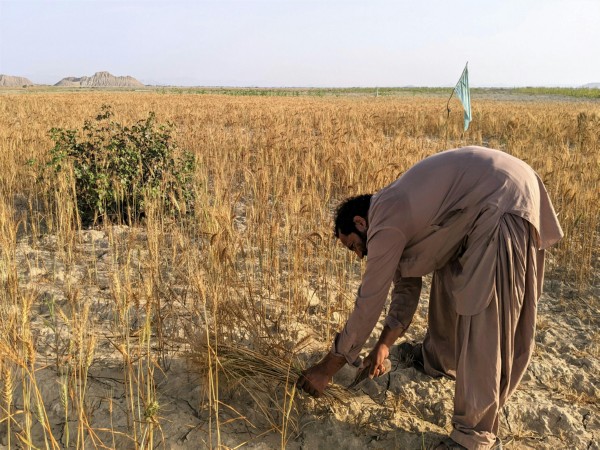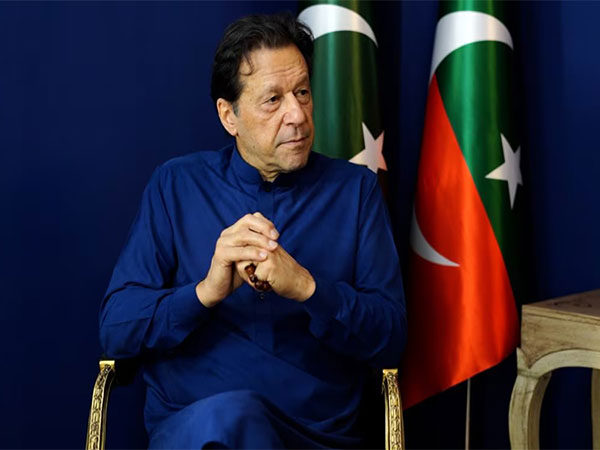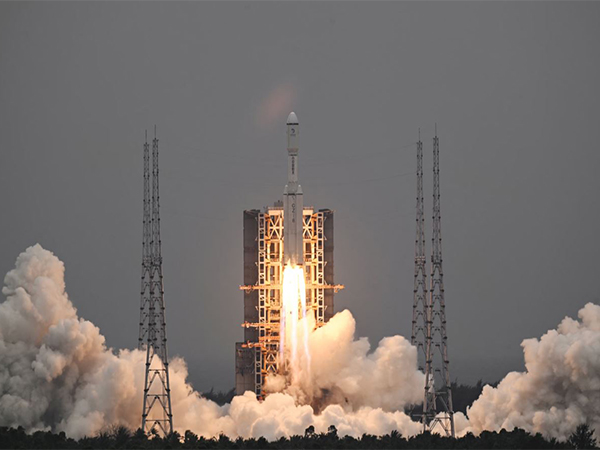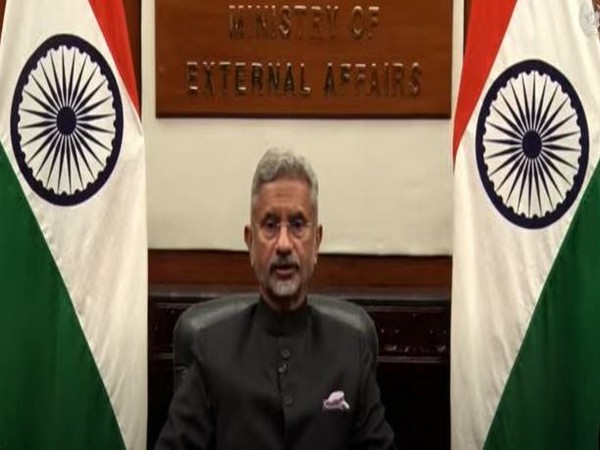
New Delhi [India], November 24 (ANI): Calling for an immediate and comprehensive ceasefire to stop violence in Afghanistan, India on Tuesday reiterated that the peace process must be Afghan-led, Afghan-owned and Afghan-controlled.
Speaking at the Afghanistan 2020 Conference via video conferencing, S Jaishankar, Minister of External Affairs, said, “India has invested heavily in peace and development of Afghanistan. We strongly believe that the gains of the last two decades must be preserved and the interests of the minorities, women and vulnerable sections must be ensured. The increasing level of violence in Afghanistan naturally remains a matter of grave concern.”
“While we support all efforts to bring peace and stability in Afghanistan, India calls for an immediate and comprehensive ceasefire. We also believe that the peace process must be Afghan-led, Afghan-owned and Afghan-controlled,” he said.
During the conference, he also announced the India–Afghanistan agreement for building the Shahtoot Dam and phase 4 of high impact community development projects in Afghanistan.
He said, “I am happy to announce today an agreement with Afghanistan for building the Shahtoot Dam, which would provide safe drinking water to 2 million residents of Kabul city. India will also launch phase 4 of high impact community development projects in Afghanistan, which include around 150 projects worth USD 80 million. India has invested heavily in peace and development of Afghanistan.”
The External Affairs Minister said that India and Afghanistan share a natural and historical relationship and moreover “our strategic partnership and long term commitment to the development of Afghanistan reflects these time tested partnership”.
He also said, “Our development portfolio of more than USD 3 billion for Afghanistan is aimed at building capacities and capabilities of Afghan nationals as well as its institutions with a view to improving governance and public service. There is no part of Afghanistan today untouched by our 400 plus projects spread across all the 34 provinces of Afghanistan.”
He said that the ongoing developmental programmes in Afghanistan are centered around five pillars — large infrastructure projects, human resource development and capacity building, humanitarian assistance and high impact community development projects and enhancing trade and investment through air and land connectivity.
“Large infrastructure projects completed include the construction of the 218 km road from Delaram to Zaranj on the Iran border that provides alternative connectivity for Afghanistan through Iran. The India-Iran friendship dam and the Afghan Parliament building which was inaugurated in 2015 — a true symbol of Afghan democracy,” he said.
He further said that while over 65,000 Afghan students have already studied in India under various scholarships, 15,000 are currently studying here and 3,000 scholarships have been granted to young Afghan women to pursue higher studies in India. “Going beyond basic education, we also provide vocational education to a large number of women in Afghanistan. This number shall increase every year with our long term commitment to help rebuild Afghanistan.”
Speaking of the challenges on Afghanistan being a land-locked country, Jaishankar said, “We have provided alternative connectivity to Afghanistan through Chabahar port and a dedicated Air Freight Corridor between India and Afghanistan. The Chabahar port has helped us to transport 75,000 tonnes of wheat to Afghanistan during the COVID-19 pandemic. We are also able to send more than 20 tonnes of life-saving medicines and other equipment to address the coronavirus challenge.”
While concluding the conference, he said, “As an important stakeholder, India looks forward to walking hand in hand with the people of Afghanistan and the world community to work towards the peaceful, prosperous, sovereign, democratic and united Afghanistan.” (ANI)







